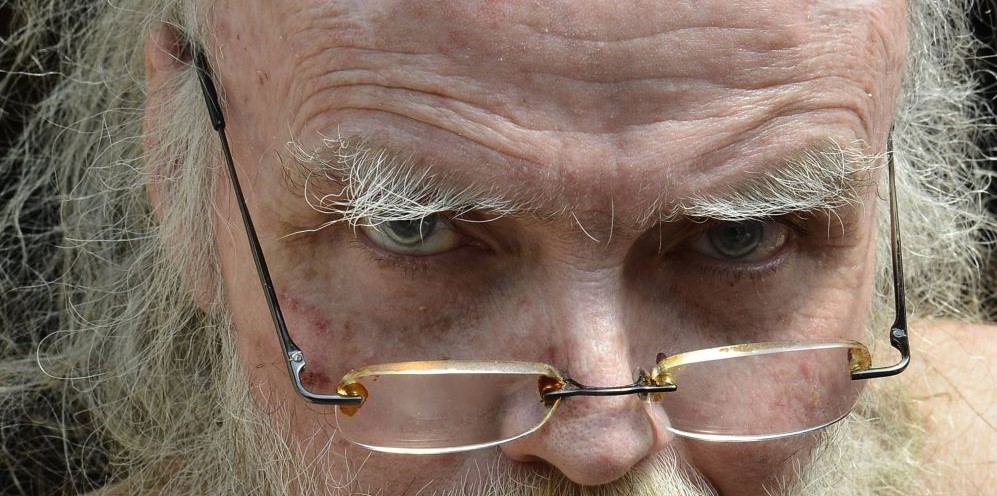
The following edited description of what a beta-reader does is taken directly from Wikipedia:
A beta-reader is someone who reads a written work, generally fiction, with the intent of looking over the material to find and improve elements such as grammar and spelling, as well as to make suggestions to improve the story, its characters, or its setting. Beta reading is done before the story is released for public consumption. Elements highlighted by beta readers encompass things such as plot holes, problems with continuity, characterisation or believability.
~~~
In effect, as a beta reader you are performing exactly the same function as a fulltime editor, not a critic. Some people simply fail to make the distinction, often unnecessarily taking the author to task, while completely forgetting that until its published, it is still a work in progress!!!
So far I have two volunteers, one English – the other American. When I’m not only happy with, but prepared to hand over my current WIP – Autumn 1066 for their close scrutiny, they’ll go to work. They are the novelist Andrew French (click on his name for his titles) and the prolific blogger here on WordPress, Colin Noel-Johnson.
As the novella is about a period in my country’s history which occurred almost a thousand years ago now, (nine hundred and fifty-one years to be exact). I’m not expecting to hear from many from across the pond wishing to volunteer. Or indeed anyone from the European continent come to that. Even so, should any of you care to take part in the exercise, your offer to help as a beta reader won’t be turned down.
Please email me at jackeason5@gmail.com if you wish to be added to the list. In cases like this, the more sets of eyes at work, the less chance there is of errors in the final product, prior to publishing.
Please remember that I have no intention of publishing the novella as an e-book. These days it’s the quickest way for any book to disappear from the public’s sight in Amazon’s cavernous slush pile, joining the millions of other e-books. To give it a fighting chance, it will only be published as a paperback.
PS – So much for my intended week’s break before beginning phase two. I’ve already begun…
😉











You must be logged in to post a comment.